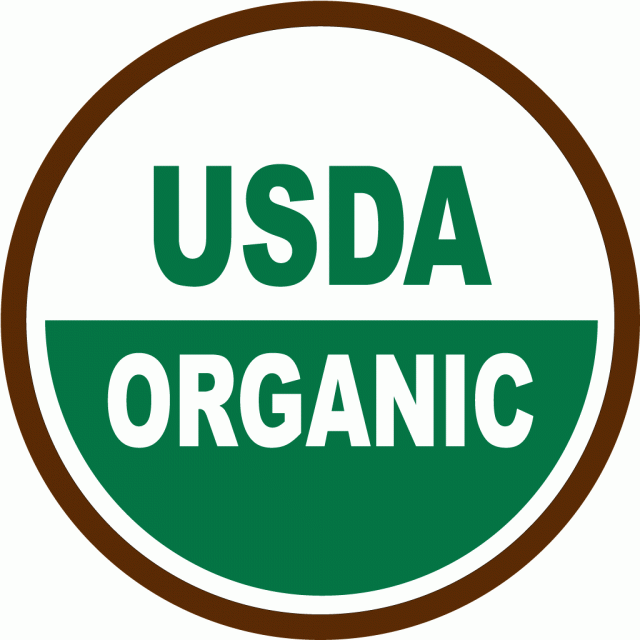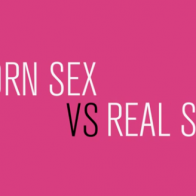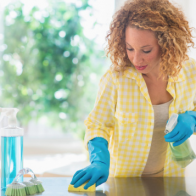
We want the best of the best when it comes to shopping for our food and personal care products. Especially when we’re shelling out the extra cash for those premium items like “organic” and “natural.” Unfortunately, there’s not a whole lot of regulation for terms like organic and natural. Since there is no legal definition, marketers are at liberty for slapping on eco-friendly terminology on a whim, and without repercussions.
Labeling and certification programs have popped up in recent years that verify the claims of “organic” and “natural” products so that we, as consumers, don’t have to play the guessing game in the store. While helpful, they can also be quite confusing. How do we know which ones are authentic and which ones are just blowing smoke up our natural?
Here’s a guide to what those seals and certifications really mean to help you understand what you’re really paying for at the market:
- USDA Organic – Products bearing the USDA certified organic seal are verified by the U.S. Department of Agriculture. There are four distinct labeling categories which include: 100% organic products, Organic (products containing 95% organic ingredients), Made with organic ingredients (containing at least 70% organic ingredients), and Less than 70% organic ingredients (seals cannot be used but organic ingredients can be identified).
- Ecocert – A verification system for cosmetic products, Ecocert verifies:
- The absence of GMOs parabens, phenoxyethanol, nanoparticles, silicon, PEG, synthetic perfumes and dyes, animal-derived ingredients in addition to biodegradable or recyclable packaging.
- A minimum of 95% of the total ingredients come from natural origin.
- An onsite audit by an Ecocert auditor to verify a company’s claims.
- Leaping Bunny – The Coalition for Consumer Information on Cosmetics Leaping Bunny Program administers a cruelty-free standard and the internationally recognized Leaping Bunny Logo for companies producing cosmetics or household products. The Leaping Bunny Program provides the best assurance that no animal testing is used in any phase of product development by the company, its laboratories, or suppliers. Here’s also a shoppers list for cruelty-free products in the U.S.
What seals do you typically find in store?







I take the standard USDA label for face value knowing that the product may not be 100% vegan. When I’ at a specialty store, I look for over certification seals as they tend to have high standards for “organic” than the government.